News - Advertising
Dani Richa, a Man for all Seasons
by Iain Akerman
February 15, 2018
.jpg) Advertisement
Advertisement“I like the way you’re formulating this question,” he interrupts with a laugh. “Keep going.” We both smile.
Richa is a rarity in the world of advertising. A creative who has moved into the world of management without breaking stride. A member of the BBDO Worldwide board and chairman of the board of Omnicom Media Group MENA who feels as at home on a creative brief as he does in a sea of suits and profit margins. For him, both involve people.
“I really believe in culture,” he says. “Culture eats strategy for breakfast. If you have the right people and if you look after them you’ll have great work, you’ll have a great company, you’ll have a great reputation, and business will flourish. It’s in that order.”
It’s all far removed from his days as a student in Paris. He had originally intended to follow in his father’s footsteps and study architecture, which he initially did, although jointly with creative advertising. All that changed, however, when he attended an AdEaters event in 1984.
“I remember staying all night and I was completely taken,” recalls Richa. “I said ‘this is it. This is what I want to do’. The fact that you can just create without being bound to building material. You can create from anything. The emotions, the humour, the drama, the storytelling. The whole thing fascinated me. I didn’t sleep that night. I went home and my parents were in Lebanon so I called my dad and I said ‘would you mind if I don’t follow your path and change careers? Maybe stay in a creative industry but advertising instead of architecture’.
“You’re talking 1984 and in the region advertising was not a prestigious thing to do. Most parents wanted their children to be architects, engineers, doctors. So I was a bit wary of my dad not being supportive and to my surprise he immediately said ‘if that’s what you feel like you need to do, just make the change and do it’.”
Born in Beirut, Richa is the youngest of three children. As an architect, his father spent much of his professional career in Saudi Arabia, with the family moving between Lebanon, Saudi and eventually Paris, although Richa describes himself as “as Lebanese as they come”. He has a deep attachment to the country.
The beginnings…
His advertising career began at H&C Leo Burnett in Beirut under the tutelage of Farid Chehab in 1986. He worked with Chehab directly, handling some of the agency’s trouble projects, but within a year he was contacted by a friend saying Impact BBDO, whose chairman Alain Khouri was in town, were looking for creatives.
“I wasn’t looking for a job and went without my book,” he says. “I remember going for the interview and asking for Alain and they said that he’d called and was going to be a bit late, but please wait for him. I waited for five minutes and then I said ‘look, sorry, just tell him I came and thank you very much’. But as I was walking out of the reception he walked in and they stopped me. If I had left a minute earlier I would probably have never worked with BBDO.”
His life could have been much different.
“Different, yes. Maybe better. Who knows,” he says with a chuckle. “Alain asked me to come to Cyprus where BBDO were based. It didn’t sound too bad. An all expenses paid trip. I was young, I was a bit flattered to have another agency talking to me. I said ‘really, I’m already committed, I have no reason to leave Leo Burnett, it’s a very good agency’. Alain simply said: ‘Come, we talk’.
“I recall the airport was closed back then because of the war and you had to travel from West Beirut by boat to Cyprus. When I got there I had lunch at an Italian restaurant with Alain and Lance de Masi, who was the agency’s chief operating officer… Eventually they gave me two copies of a contract, both signed, and they said ‘all you have to do is sign one and send it back to us’.”
On his return to Beirut discussions with both his father and Chehab followed, but Richa eventually signed.
The Cyprus era
Cyprus in those days was home to many of the figures who would go on to shape the future of Impact BBDO and the region’s wider advertising and media industry: Elie Khouri (now chief executive of Omnicom Media Group MENA), who was then an account director; Douglas Palau, who would go on to become MEA network vice president for Impact BBDO; and Pierre Azzam, who was then heading up the Dubai office.
“There was this freelancer in Eleftheria Square who we used to go to and give the storyboards to draw,” remembers Richa of his early days in Cyprus. “And no matter what story you gave him – we’d brief him on three or four stories – he’d give you three different storyboards that looked exactly the same. He just coloured them differently.
“We used to make jokes. Back then there were no emails so we used to get briefs typed on paper. You had a pile of briefs on the desk and if one had a ‘PTP’ code you’d pull it out from the middle or from the bottom of the pile to the top because PTP stood for ‘potential travel project’. I remember having one of those clients who’d say ‘make sure you have a palm tree in one of the frames in the storyboard’. And we’d draw a little palm tree and off we’d go to California or some exotic location. Literally, we were on an island but doing everything outside.”
Richa was with Impact BBDO in Cyprus for six years from 1987 to 1993, when the shift to Dubai began. He had joined as a senior art director, had been made creative director at 23, and left as executive creative director.
In Dubai he lived an enjoyable life with a “beautiful yellow convertible and a flat in Deira”, but left to join Publicis Graphics as group regional creative director in 1994, primarily because he longed to return to Beirut and had been passed over as a partner when Impact BBDO opened an office in Beirut in 1994. His stint at Publicis Graphics, however, only lasted a year, although it proved educational.
“By coincidence on one trip to Dubai from Beirut I sat next to Alain Khouri on the plane,” remembers Richa. “And he said ‘Dani, it’s time for you to come back. We know you want to come back as a partner, so we can make this possible. We know you want to live in Lebanon, so we can make that possible. You’ll be the head creative for the region, living in Lebanon and will also be a partner’. It was too attractive. It was exactly what I had always wanted.”
The move to management
He returned to Impact BBDO in 1995 as partner and group ECD, although it wasn’t long before he began to wear more than one professional hat. When Cheriff Tabet quit as managing director, Richa stepped into his shoes, taking on the role of managing director as well as his creative duties.
From then on in he was a man who straddled two different worlds. Those of creativity and of management.
“The problem is I was good at the other side of the business and the agency doubled and tripled in size,” says Richa. “It became the largest in Lebanon by far and because of this I was given more markets and I became chief creative officer and chief operating officer covering Lebanon, Egypt and Saudi.”
When BBDO took a majority stake in the group and Khouri decided to retire in 2009, Richa left the creative side of the business altogether and became chairman and chief executive officer of BBDO Middle East, Africa & Pakistan. A position he still holds today.
“Creative for me became more about driving creative culture, attracting the best creative talent, creating the right environment, creating opportunities for creatives. So really driving the creative agenda as opposed to actually doing creative work. But I stayed close to the work and tried to add value when possible. But mostly through other people. People who were actually better than me.
“The advantage you have after all these years is that you’ve seen it all. I’ve seen it from when we were a full-service agency, to breaking it up into specialised companies, to reworking on integration. And if I look at what I do today versus what I did a few years ago, so much has changed. With technology and the way we work and integration and digital and data and creative technologies, it’s like a new job altogether. So you’re still learning, it’s still very exciting, and I don’t feel I’m doing the job that I was doing five or 10 or 20 years ago. It’s changed, it continues to change, and I think if it had not changed the way it has I would’ve probably gotten bored and I would probably have done something else.
His role as leader
Richa’s leadership is perhaps best encapsulated by the idea of partnership. That sense of working together, side by side, supporting one another for the benefit of the whole.
“Although I am the boss I don’t like to boss people at all,” he says. “On the contrary, I’m by their side and I put myself in their shoes. I’m there to support them, to help them and lead by example. To be there when I need to be there, and be firm when I need to be firm. I believe ‘no’ is important and it’s very important to be clear with people. I hate ambiguous or grey or blurred situations. People know exactly where they stand with me. They know exactly what I expect. I make that very, very clear. But I also am there to help people get to what is expected from them.”
His professional philosophy?
“Maybe it’s why I belong here, and maybe that’s why I stayed so long with BBDO, but I really share that obsession with work. ‘The work, the work, the work’,” he replies. “This relentless focus on the work, that’s really what has driven me. Doing great work. Doing work that makes a difference, that touched people’s lives, that is famous. A lot of what we do is contributing to making the world a better place.”
“What’s really kept me going is many things. One, I love what I do and it doesn’t seem like work to me. You also find yourself in a position – and I don’t want to sound arrogant in any way at all – where you feel a lot of people depend on you. Not depend on you, but kind of trust their careers to you, trust their brands or business to you, and you don’t want to let them down. And the thought of not wanting to let them down keeps you going. Believing in the people, believing in the team, believing in yourself. You want to continue moving forward.”
Paying the price
One aspect of his life in which he feels he may have let people down is his family. Married to Maya, whom he met when he was 30, he has three children – Julian, Tamara and the eldest Yasmina, who is studying at McGill University in Montreal – who he has tried to see almost every weekend.
“There is a price definitely. It’s a price of time,” says Richa. “The time you have to dedicate to your job versus the rest of your life. But you can work hard on trying to keep a logical balance. It’s always skewed towards work. I have regrets I have to say. My eldest daughter recently went to college and for a few days I was really sad. I wish I’d spent more time with her. It’s never enough. But, yes, I wish I had.
“I tried very, very, very hard to keep a good balance between life and work. I’m a great believer in working hard, but I wish there were more hours in the day and more days in the week. I wish I could’ve spent more time with my family, especially over the past seven or eight years. What I do is make the little time that I have really, really count. So when I’m with my family it’s a priority.
“Maya is the best thing that happened to me. I wouldn’t be able to do the job I do, I wouldn’t be able to have the peace of mind I have to focus on the work if she was not there supporting me and looking after our home and kids and giving them the best upbringing. She makes up for the gap that I leave.”
The work he is most proud of? Or remembers most? The branded content film for Pepsi, Sea of Stars, which was released in 2007, and Cheyef Halak, which sought to drive social change in Lebanon.
Words of wisdom
“I was given a piece of advice once: ‘Make sure that the people that work for you are better than you. They can only lift you up’. And that’s something that has really, really helped me. I’m blessed and lucky to be in the position I’m in because I’ve been surrounded by great people.”
“I’m still looking forward. I never thought ‘wow, look what I’ve done, look what I’ve achieved’. It’s because there’s always more. There are people that I admire that have done greater work and are in much higher places, so I always tend to look up and look forward, as opposed to looking back. Some of the best people in the world are part of our network. Colleagues and friends. And I look at them and think ‘wow, I’ve still got a long way to go’.”


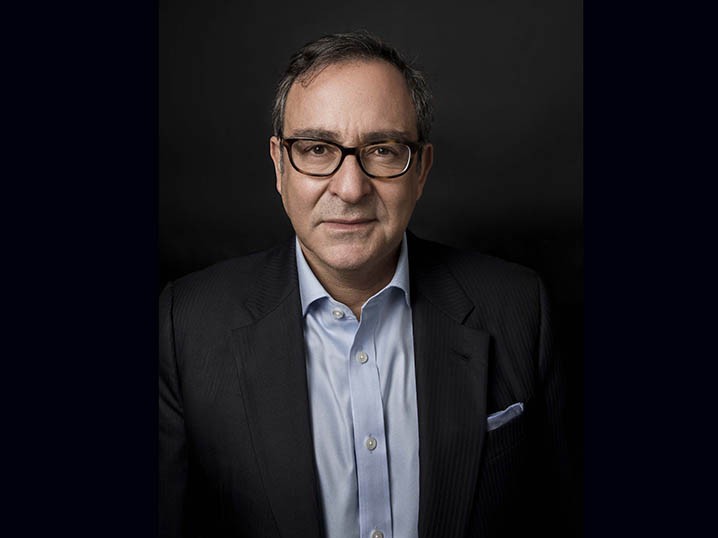
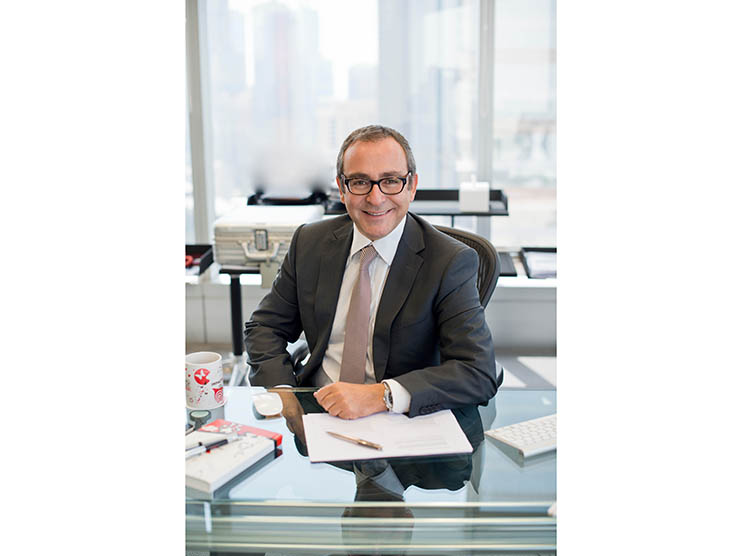
.jpg)
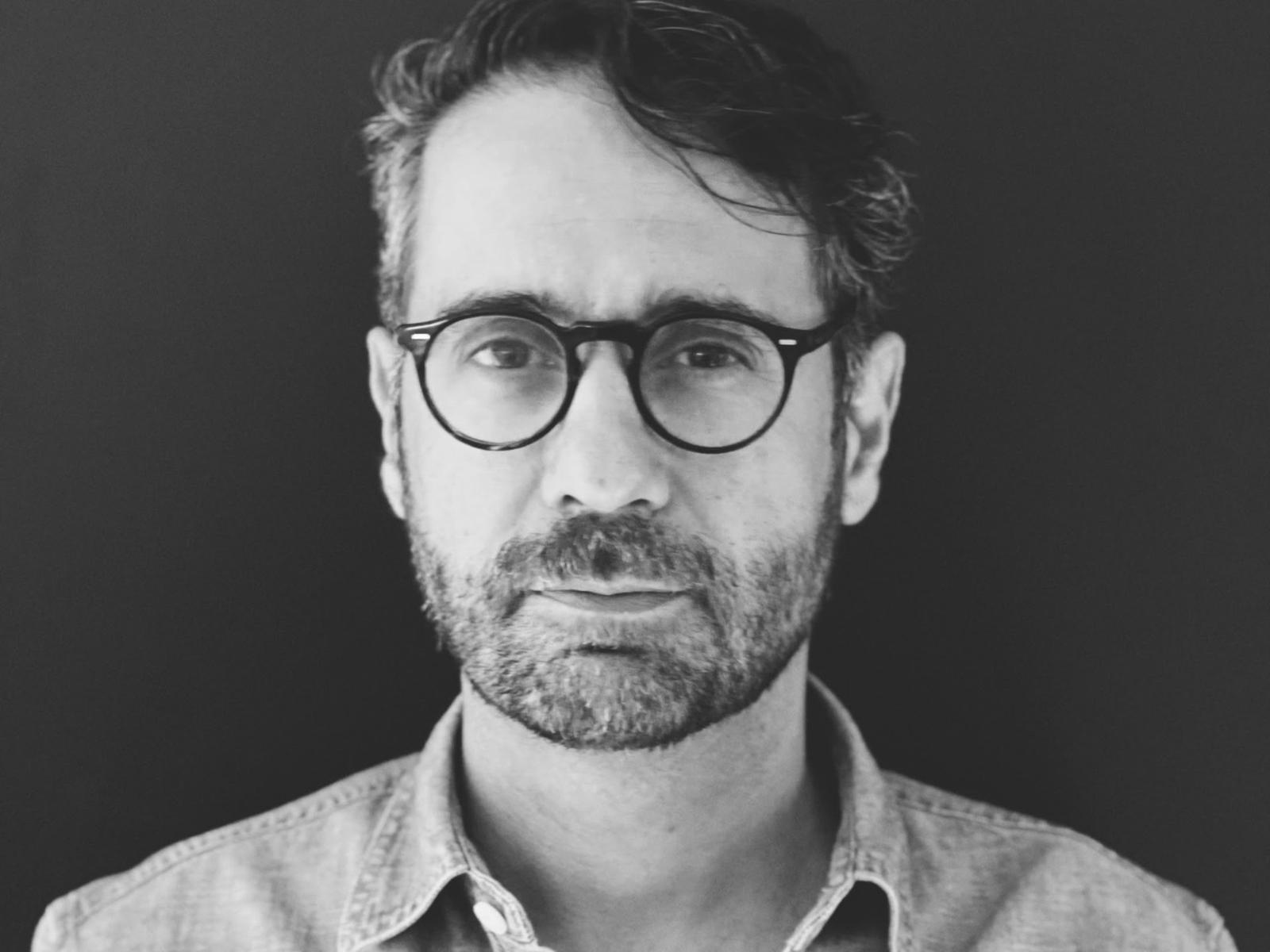
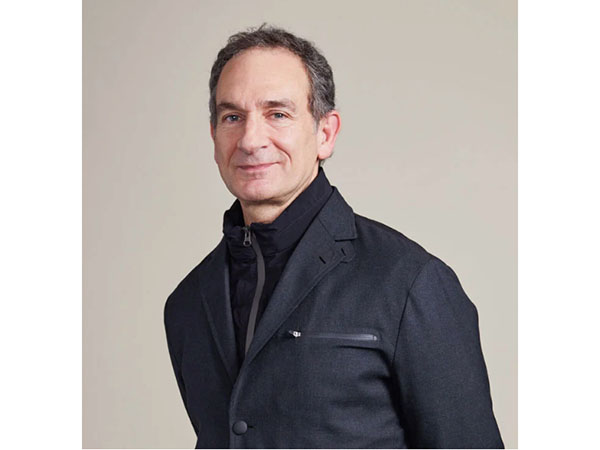
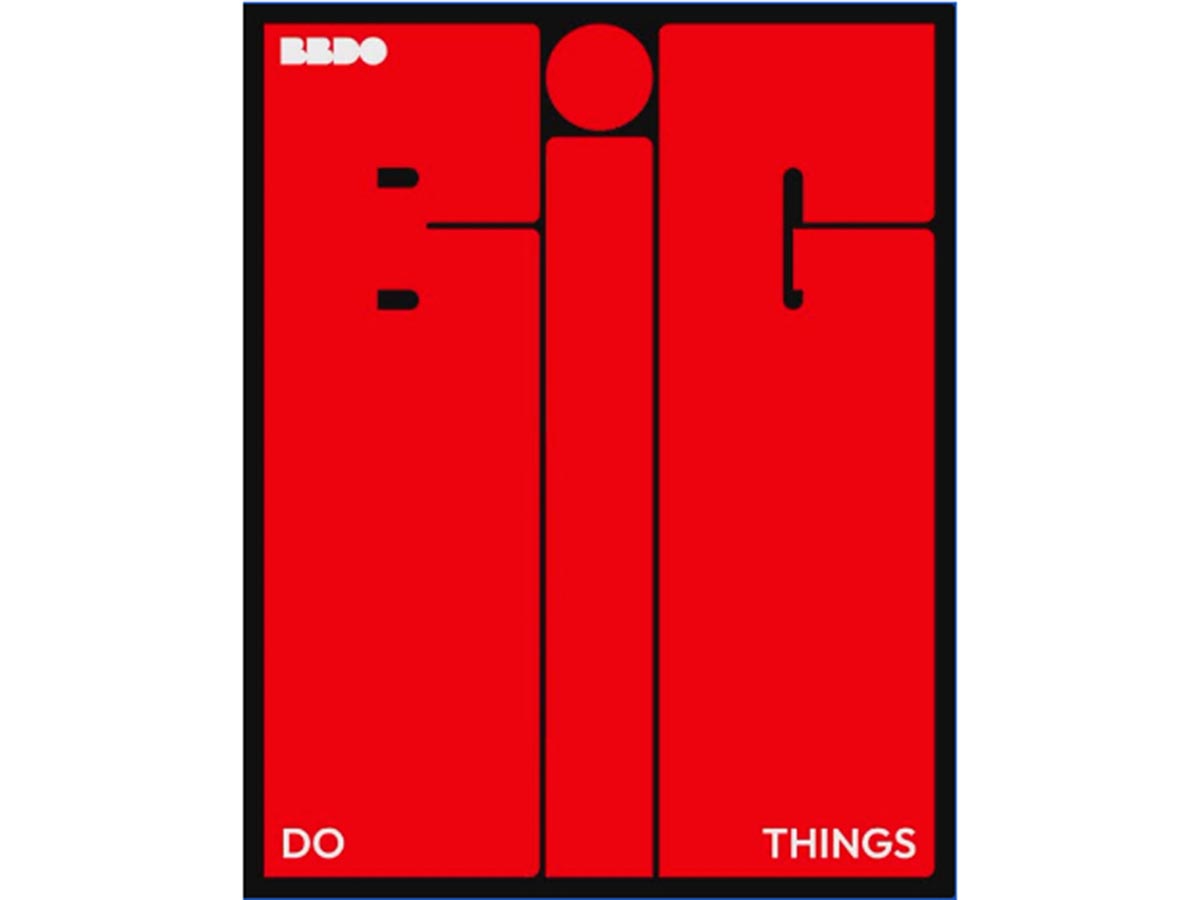
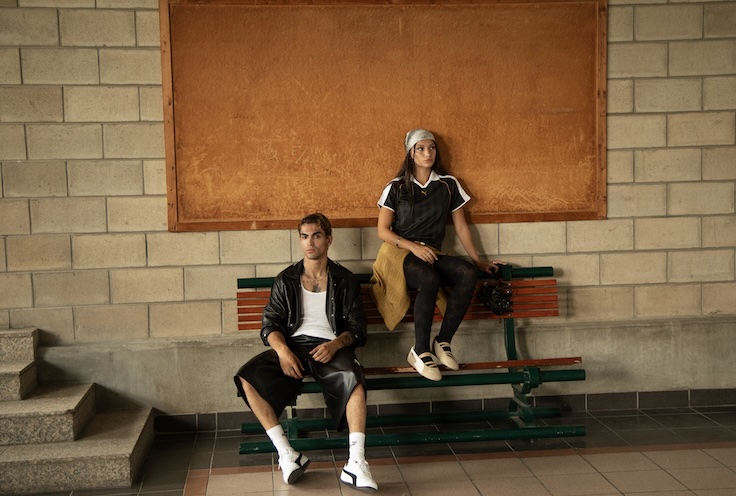
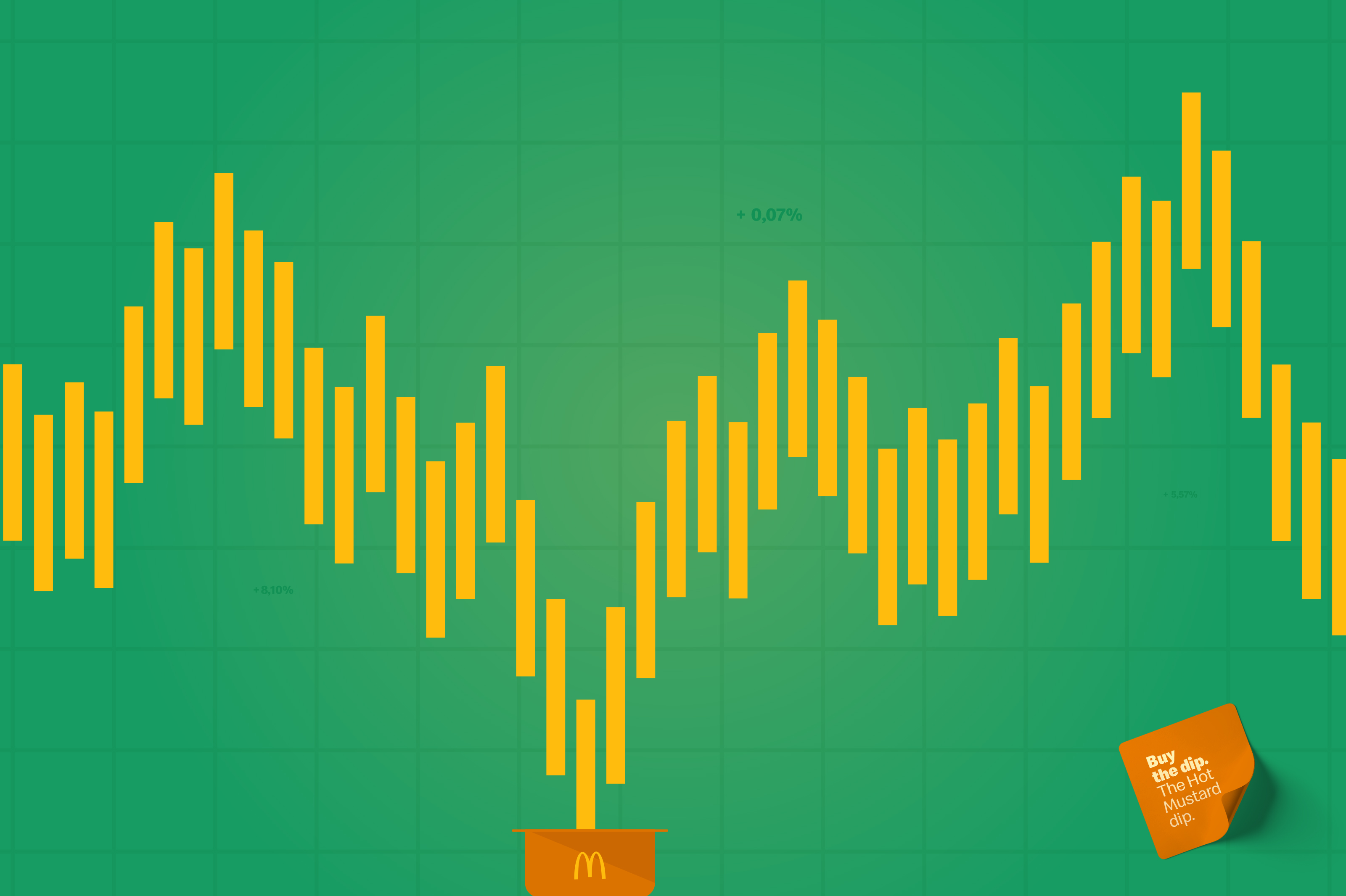
.jpg)




